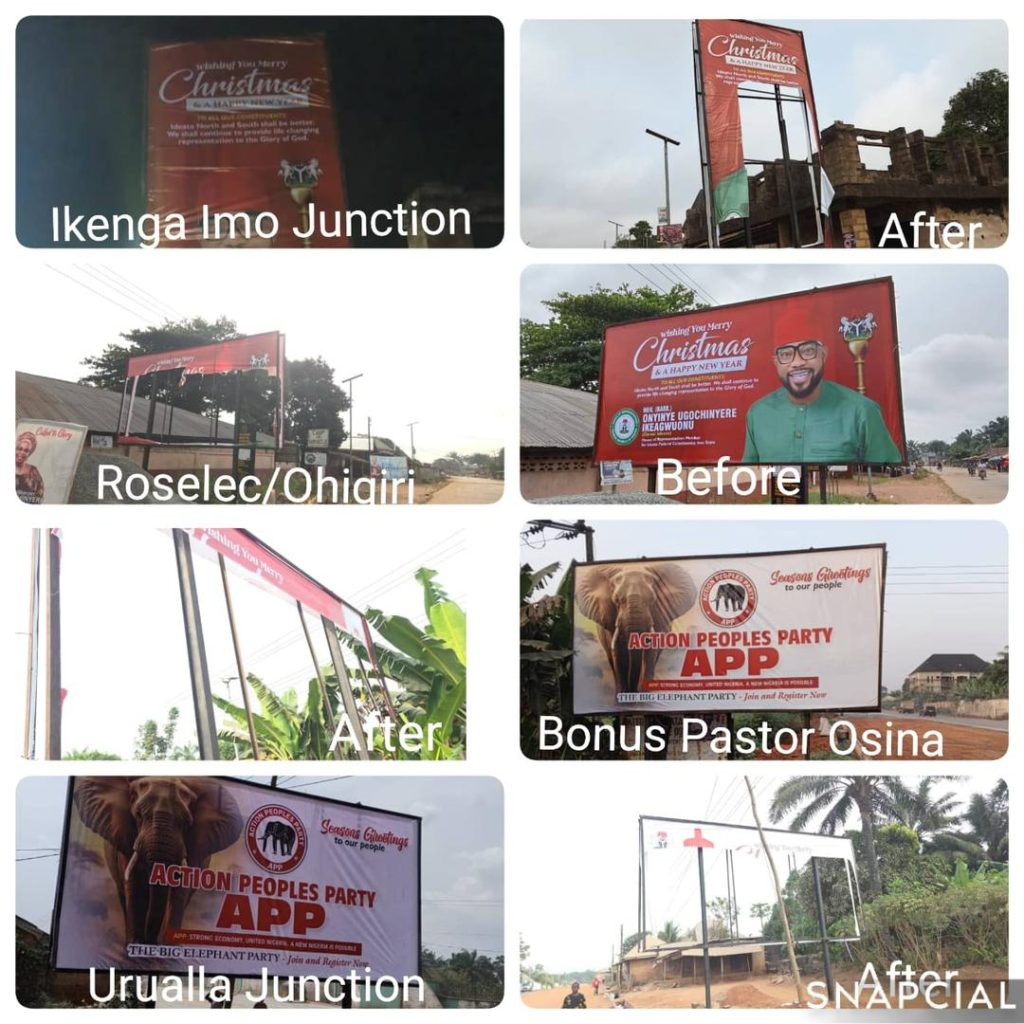A new report by Amnesty International is calling on the Gambian government to take immediate action to stop overfishing and eliminate illegal, unregulated, and unreported fishing (IUUF) in the country’s waters. The Human Cost of Overfishing examines the impact of overfishing on local communities in The Gambia, including its devastating effect on marine biodiversity, environmental degradation, and the human rights of marginalized fisherpersons, who often depend solely on fishing for their livelihoods. Amnesty International conducted its research with the help of civil society, government officials, members of the hospitality industry and the affected community in Banjul and Sanyang, The Gambia.
According to the report, foreign-owned industrial trawlers deplete fish populations and illegally fish in prohibited areas, leading to a loss of fish that would shore up the nation’s food security. Fishmeal and fish oil factories that rely on the primary species of sardinella and bonga fish also contribute to the overexploitation.
The report details the experiences of residents in Sanyang, a fishing village on the coast of The Gambia, who face the brunt of these practices, with women farmers having their productivity reduced, and fisherfolk struggling to buy fish to sell due to significantly increased prices. The situation threatens to cause extreme poverty and food insecurity that may lead to suicide and self-harm.
The report further highlights the adverse economic impact of overfishing, which most notably hurts the tourism industry, with hotels and restaurants losing customers due to the smell caused by factories. The lack of transparency and consultation also undermines the rights of those living in the area. Companies, including fish meal and fish oil factories, must hold meaningful consultations with communities before starting operation, as mandated by the 2014 Environmental Impact Assessment Regulations, the report recommends.
Amnesty International urges the Gambian authorities and international actors to make the necessary reforms, including increased transparency in fishing agreements, to protect the rights of local fishing communities, preserve the environment, and ensure food security in the country. The report also calls on companies in the fishmeal and fish oil supply chain to observe human rights due diligence, with emphasis on transparency in their public reporting, mapping supply chains, and analysing any potential human rights risks associated with their relationship with suppliers.



